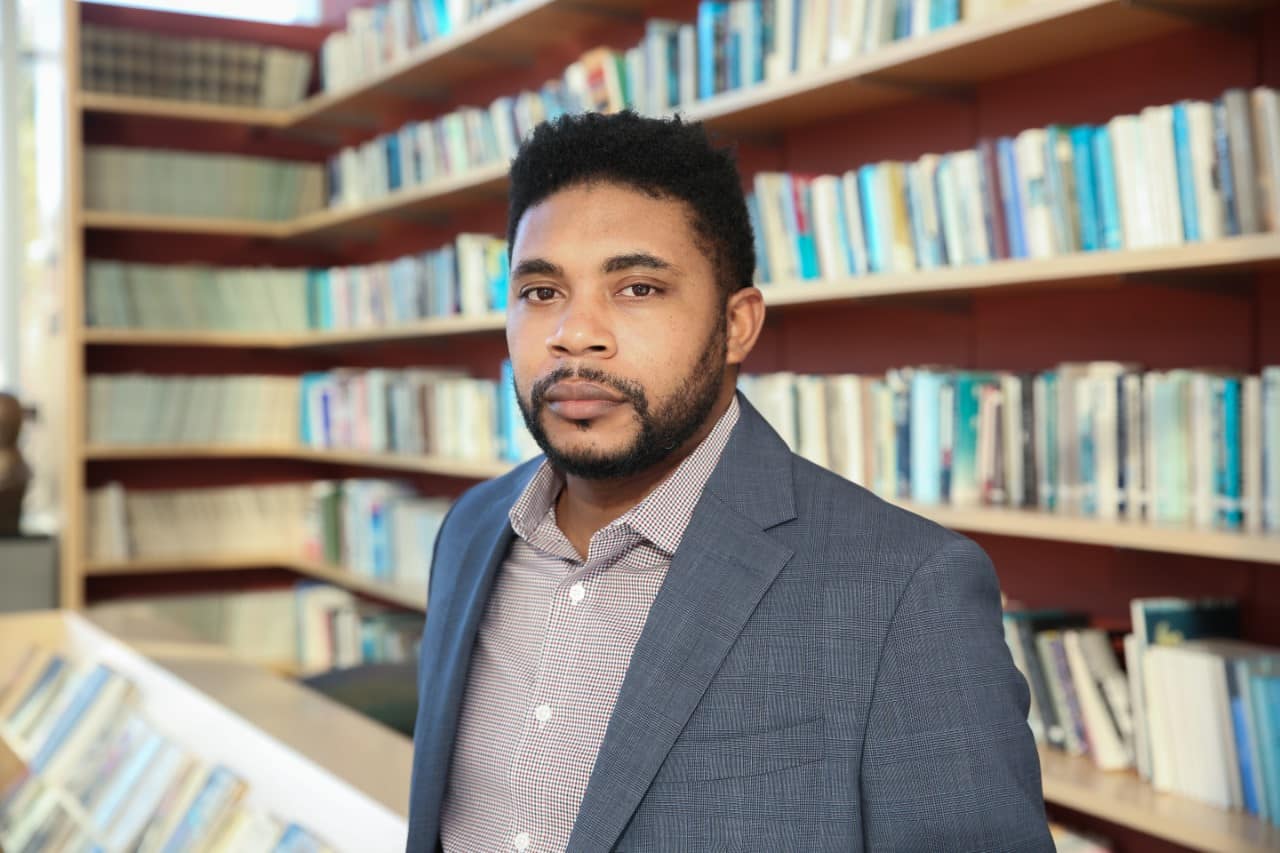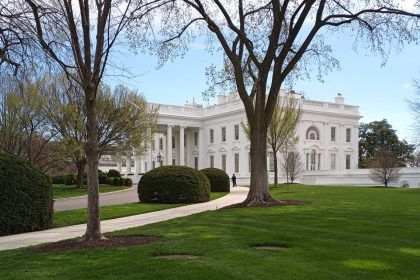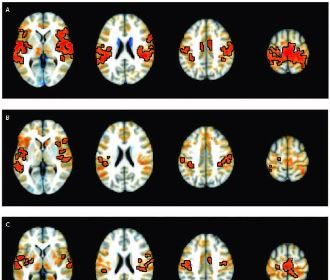Experts Discuss How Education Politics Can Impact Student Wellness

WASHINGTON — The Brookings Institution recently held an event with experts discussing the growing hostility of education politics due to COVID-19 induced school closures, mask and vaccine mandates and how to protect the wellness of students in the new year.
“There are so many of us who will never be the same again because of the onset of COVID-19. Imagine going through that as a 9-year-old, 12-year-old, 15-year-old. First, you can’t go to school and can’t talk to your friends, then you transition back into going to school and you’re six feet apart, wearing masks and social interactions are constrained.
“On one hand, you see resilience among students, but then at the same time you wonder how will students be affected by this when so much more than just student learning happens at school,” said Jonathan Collins, assistant professor of education and international and public affairs at Brown University, during a phone call with The Well News.
Martin West, academic dean and professor of education at Harvard University’s Graduate School of Education, presented recent findings from an annual Education Next survey.
To conduct the survey, West and researchers interviewed a group of 2,022 people composed of children in kindergarten through 12th grade and their parents.
The findings showed that while parents were satisfied overall with their children’s schools, they were still concerned about the learning losses and potential mental health impacts from the pandemic.
In 2019, when parents were asked to assign percentages to the amount that schools should “focus on academic performance versus student social and emotional well-being,” the average response among parents was 62% focus on academic performance, compared to 38% on social and emotional well-being.
This year, parents showed a 50–50 split between the two.
“It appears that after a particularly challenging school year, parents are more attuned to schools’ potential contributions to students’ nonacademic needs,” the researchers write in the report.
Collins said prior to COVID-19 many schools were offering or trying to implement programs focusing on student’s social and emotional well-being, such as anti-bullying programs that spotlight building behaviors like empathy, kindness and mutual respect.
“The nature of these programs change when students are no longer in the classroom together. Teachers aren’t having to place as much emphasis on combating some of the social destructive practices outside the classroom,” said Collins.
Collins said that there has also been a rise in parental aggression at school board meetings from those opposed to COVID-19 safety precautions such as mask and vaccine mandates.
“One of the things that sent off the signal that school board meetings were getting out of control was the FBI and DOJ started to send agents into school board meetings to assess violence of attacks,” said Collins.
“Why are parents coming to blows at school board meetings? How do we actively monitor the level of civility taking place, or not taking place at school board meetings? There needs to be a process where the right type of complaints can be made,” continued Collins.
Collins said that a typical voter turnout for a school board election is probably lower than 25%, and that a good share of the individuals who vote fit a similar demographic profile of White, educated, and coming from a high socioeconomic background.
“Not the profile of the typical kid in a public school,” said Collins.
Collins said when you have a school board that doesn’t represent the students it serves, issues can happen as seen with COVID-19, or the political battles taking place over the rights of transgender students or disabled students.
“If you have a district that ideologically does not support transgender students, then what happens when a transgender student is bullied, will there be consequences for this inappropriate behavior if there isn’t leadership at the top that is sensitive to the needs of these students?” asked Collins.
“I’m sure we will see over the next few years, as this becomes more routine, we will see research that gives us nuance of rights,” said Collins.
Alexa can be reached at [email protected]
























